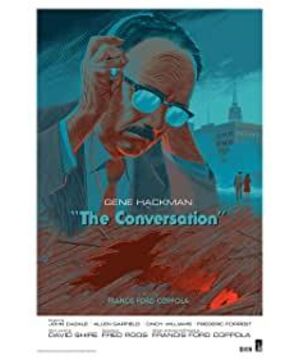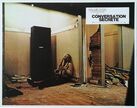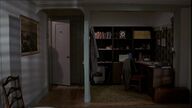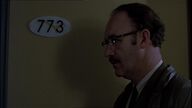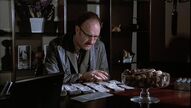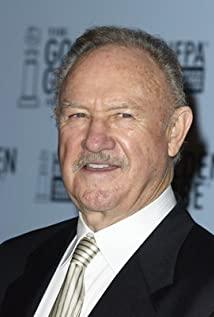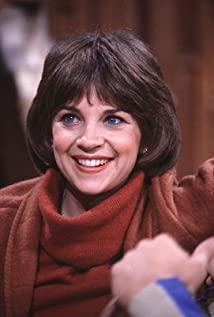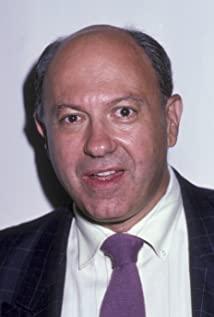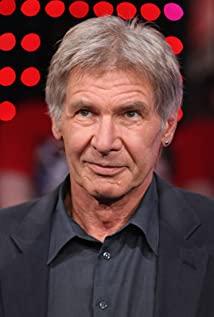The Conversation evaluation action
-
Gladys 2022-04-20 09:01:41
On the surface, it discusses the cost of eavesdropping on privacy, but inside, it falls into the endless abyss of resistance between reality and fantasy; when the flashbacks no longer appear, those voices haunt Kaur like a nightmare. Dialogue, until the end, the loneliness conveyed by the saxophone floods the cramped room, will that bug be in the instrument? The answer is irrelevant.
-
Marquis 2021-12-08 08:01:44
[B+] Getting better. It is really unexpected that Coppola would shoot such a steady work, the Coppola in the 70s. Sensory film: The pervasive sound becomes the direct source of all fears. Coppola is a rather bold approach in ensuring that most of the focus is shifted to the sense of hearing. The auditory repetition has reached a sense of torment that is inaccessible to the vision. Everything in the audience and characters is constantly drawn away in the sound. At the end of the scene-the nightmare of "sound" disappears completely for the first time, but completes it completely in peace. The outbreak. The last 20 minutes is a super masterpiece, but this kind of slightly classical and old-school narrative method is what I reject.
-
[first lines]
Passerby: Well, I want to go over to my place and start, you know, getting it on...
Ann: Oh, that's terrible.
Mark: Yeah. Do you ever, uh... ballet?
Ann: Be thankful. Do you have a quarter for them?
Mark: Yes, I do.
Ann: [gives it to street band]
Ann: What about me?
Mark: You'll see.
Ann: A lot of fun you are. You're supposed to tease me, give hints, make me guess, you know.
-
Ann: I can't stand it. I can't stand it any more.


